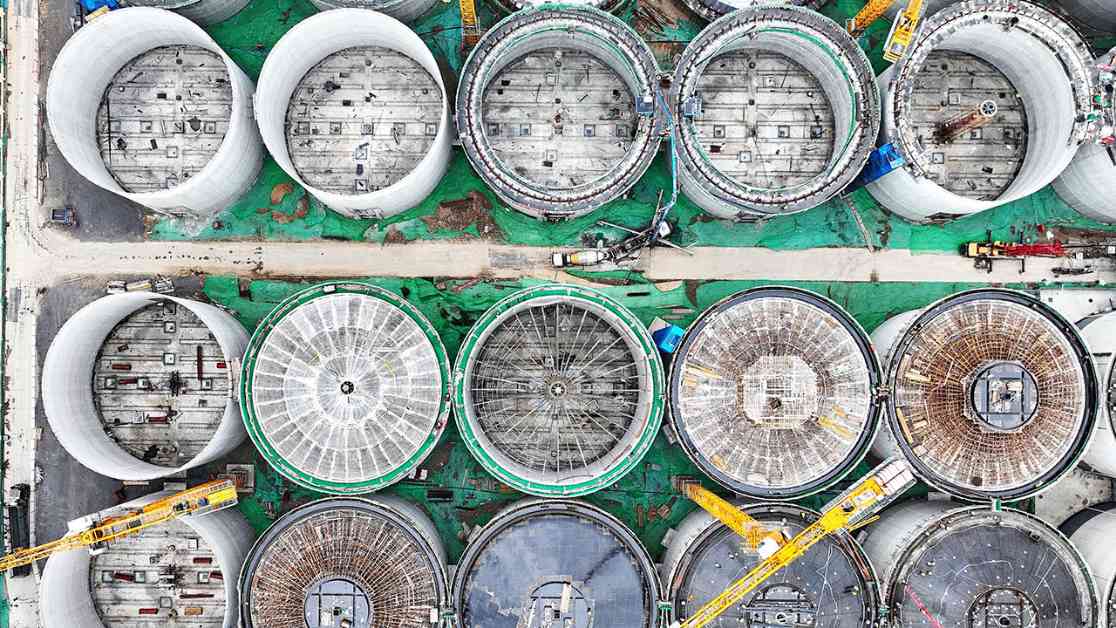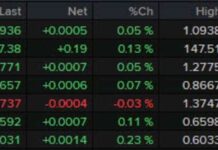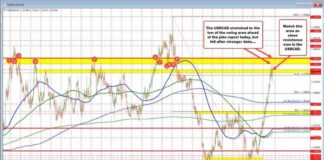Over the past two decades, China has been consuming large quantities of raw materials due to its growing population and expanding industries. The demand for dairy, grain, meat, energy, and metals has been steadily increasing. However, recent economic challenges and a property crisis have led to concerns about the country’s resource consumption.
Despite official statements indicating a desire to move away from resource-intensive industries, China’s stockpiles of commodities such as grain, natural gas, and oil have been growing significantly. This has raised questions about the country’s true intentions and future plans.
The accumulation of these commodities suggests that China may be preparing for potential trouble ahead, such as supply chain disruptions, geopolitical tensions, or economic instability. The motives behind Xi Jinping’s secret commodity stockpiles remain unclear, but they could indicate a strategic move to ensure stability and security in the face of uncertain circumstances.
As China continues to navigate economic challenges and shifts in global trade dynamics, the significance of these secret stockpiles cannot be overlooked. The country’s approach to managing its resource reserves and strategic assets will have far-reaching implications for both domestic and international markets.
In the midst of evolving geopolitical landscapes and economic uncertainties, understanding China’s commodity stockpiling strategy is crucial for businesses, investors, and policymakers alike. The hidden agenda behind Xi Jinping’s secret stockpiles is a topic that warrants further investigation and analysis to grasp the full extent of its implications.

















